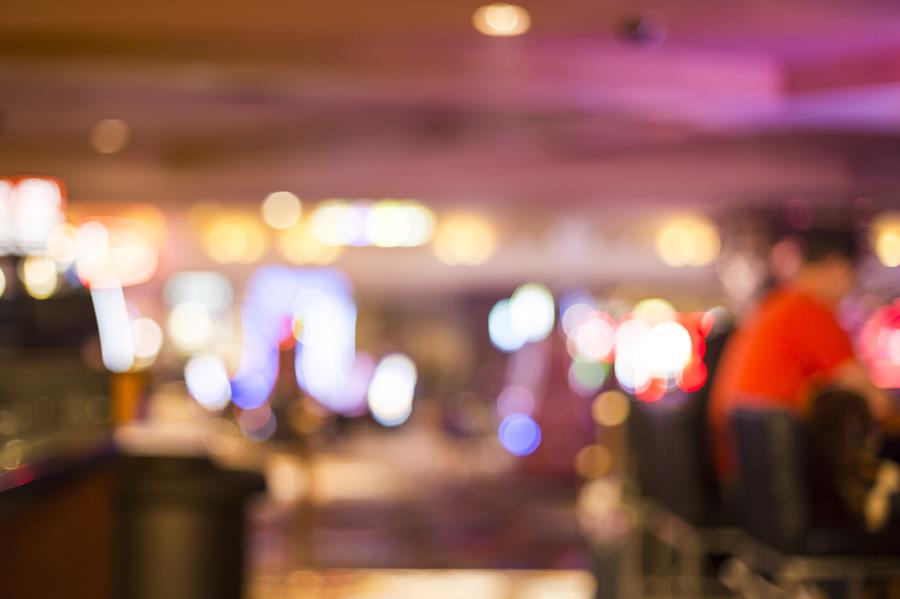Back from the brink
March 1, 2018
In the grip of a poker machine gambling addiction, Tony* had 13 credit cards, a debt of $120,000 and was at risk of losing his family home.
“The situation I was in, it could have been the end of the story. Done. Finished,” he said. “It was overwhelming the amount of money that I owed. I just sat in my car and didn’t know what to do”.
“It seemed hopeless, but I had a young daughter to think about”.
Tony sought help from financial counsellors who were able to negotiate with the banks to cancel the interest and work out a plan to pay back the debt. “That was a turning point in my life,” he said. “I paid back the money every fortnight for five years. I did it very tough during that time, but I got it done”.
“If you deal with the situation, you can start your life again. The relief was huge”.
Tony said even today, easy access to poker machines in his local community meant a constant struggle with the urge to use a poker machine. “It is terrible having them everywhere” he said. “I have to go past them every day”.
“They put them in places where there’s desperation,” he said. “You think, maybe I’ll just win a little bit of extra cash to help with the bills. Then things start spiraling”.
Poker machines in hotels and clubs take $110 million from Tasmanians each year. 40% of the revenue from pokies comes from people who are addicted.
Tony said he did not believe his local venue cared about its patrons. “A local to me is like the good old days where there was a bloke with a chook raffle and you’d go there with your mates to play pool,” he said. “The local venue let me down big-time. I was there all the time, sometimes playing two machines at once, going across the road to the ATM and taking out $500 a go and losing it all. I lost thousands. They must have realised I had a problem”.
Self-exclusion – a voluntary process where a person can specify if they wish to be banned from a gambling venue – did not work for Tony. “The hotel never told me to leave,” he said. “No-one ever pulled me up,” he said.
Tony said poker machine gambling had interfered with his employment and his relationships. “I used to tell my wife I was going to the hardware store, but I’d go down to the hotel and lose my money,” he said. “I’d take time off work to go there. I’d sneak out to play them because the venue was open at all hours”.
“It’s not a social thing. You don’t want anyone with you – you’re just focused on the machine,” he explained. “I never went to the pokies with anyone else. If I was out with friends I’d leave and go to the pokies. They started calling me “the ghost” because I’d always be gone,” he said. “People started figuring it out and wouldn’t lend me money”.
Tony urged people to have compassion for people struggling with poker machine addiction.
“You shouldn’t judge people who have that addiction because that person is going through hell,” he said. “The machines are designed to make you lose – and to lose big. And you don’t tell anyone because you’re ashamed”.
Tony said he’d watched others in the community lose to poker machines. “I used to notice that on pension day the hotel was packed and the day after it wasn’t because everyone had lost their money,” he said. “I know one bloke who lost all his inheritance to the pokies”.
Nowadays, Tony avoids venues with poker machines and has a good credit rating.
“To anyone struggling with addiction, I say ask for help,” he said. “Your life will change for the better. You’ve got to fight back”.
Find out more about Anglicare’s Gamblers Help Service
*not his real name

